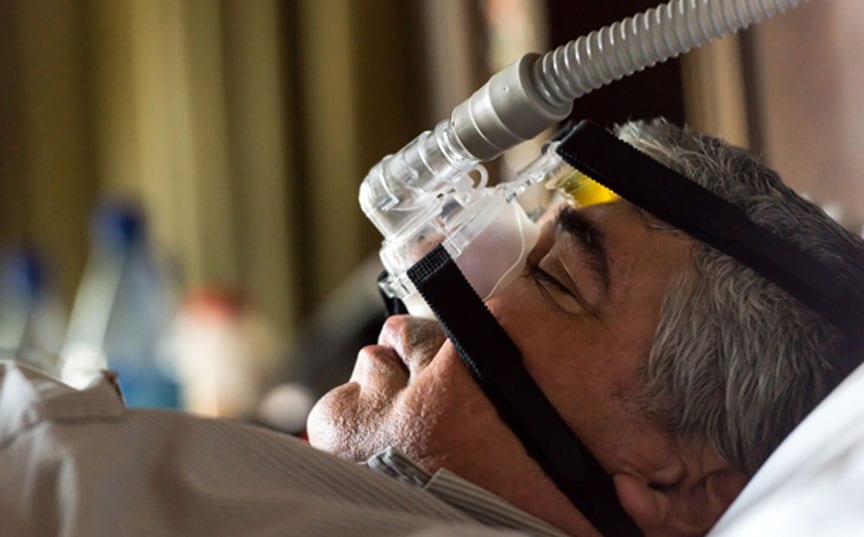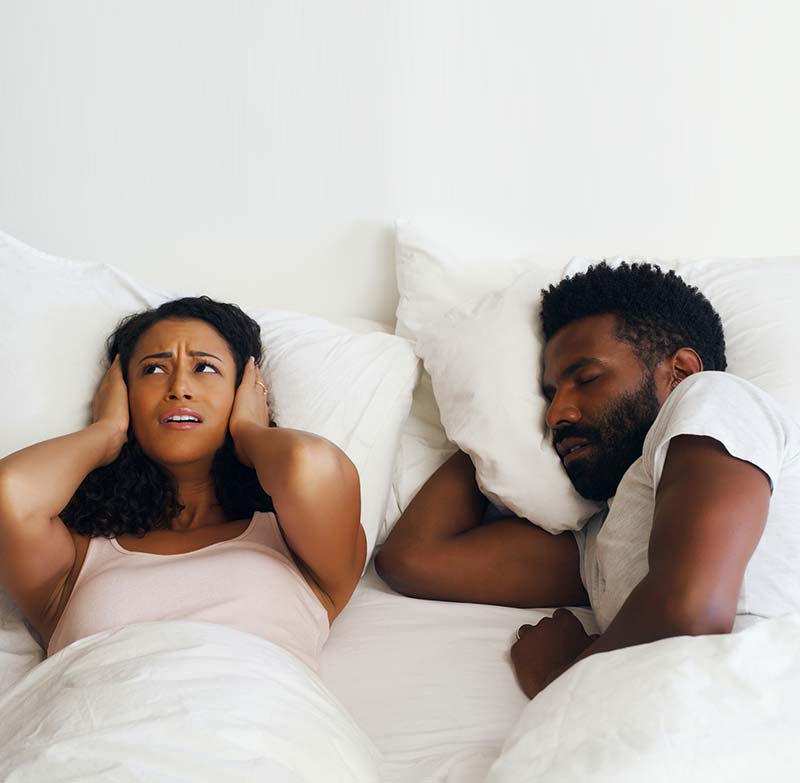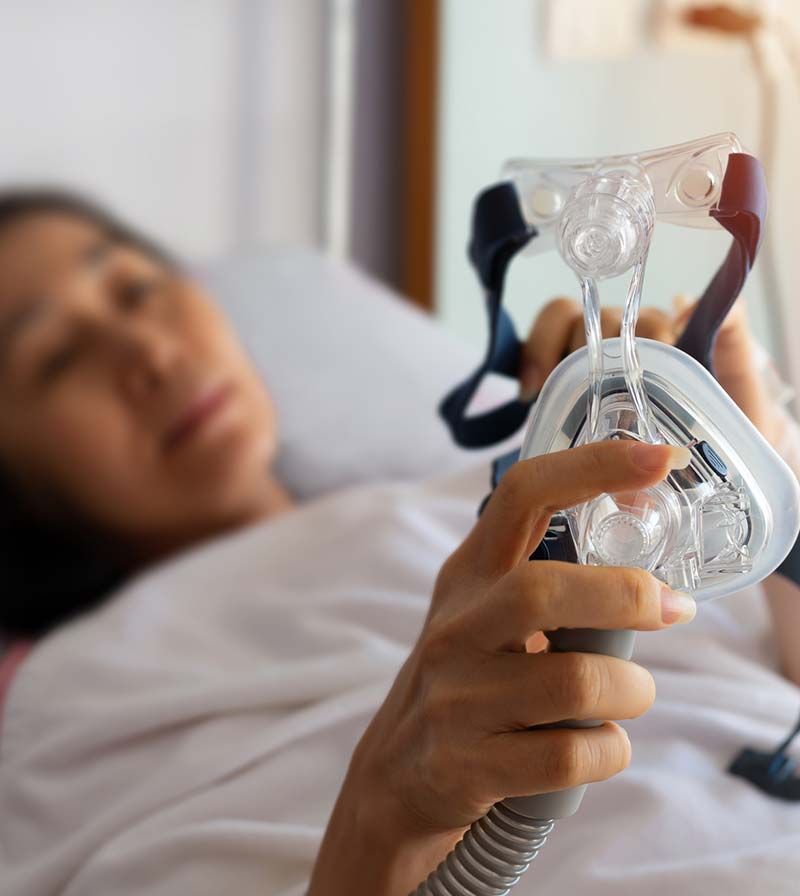
Continuous positive airway pressure (CPAP) therapy is a non-surgical treatment for sleep apnea.
It involves the use of a machine that uses mild air pressure to keep airways open as you sleep. The continuous airflow reduces the risk of airway collapse, which means you’ll be more likely to enjoy a full night’s sleep without periodic breathing interruptions.
If you are new to CPAP therapy, here’s how it works.
What Do You Need for CPAP?
Continuous positive airway pressure is a home-based therapy. Since the CPAP machine is meant to be used while sleeping, most people with sleep apnea prefer to set it up in their bedroom. However, the device is portable, so you can take it with for overnight trips or even set it up in other areas of the home where you might take a nap. If you buy a CPAP machine, you’ll get everything you’ll need to get started. The basic components include:
- A mouth-nose mask, a mask that only covers your nose, or prongs that fit into your nostrils
- A tube connecting the mask to the CPAP monitor that tracks your breathing as you sleep
- A motor that produces the air that goes through the tube and into your nasal passages


Who May Benefit from CPAP Therapy?
CPAP therapy is typically recommended for individuals with obstructive sleep apnea (OSA) that cannot be sufficiently managed with other non-surgical methods. OSA is an especially serious type of sleep apnea that’s often associated with loud snoring, daytime drowsiness, dry mouth, and interruptions during sleep that often include being woken up by a coughing fit or a choking feeling. Before CPAP therapy is recommended, some patients are advised to make lifestyle changes that might involve:
- Getting regular exercise
- Reducing alcohol consumption
- Losing weight
- No longer using sedative medications
- Quitting smoking
You may also be advised to undergo a polysomnogram first if you haven’t already taken this step. Also called a “sleep study,” this is a multi-component test that’s done by electronically monitoring your body’s movements and vital signs as you sleep.
What Can You Expect?
It typically takes several weeks to find CPAP machine settings that work best for you. Results from your initial sleep apnea evaluation at Nasal & Sinus Surgery Center will be used to recommend settings to get you started. During follow-up visits with an ear, nose, and throat specialist you’ll be able to discuss your experience using the CPAP machine.
You may also be asked to keep a journal for a brief period of time to track how you are responding to CPAP therapy. This information can be used to further fine-tune CPAP machine settings. If continuous positive airway pressure works well for you, benefits you could enjoy include:
- Fewer issues with snoring
- Less daytime drowsiness
- Reduced stress and anxiety
- Increased energy and productivity
- Fewer dental issues if you go from mouth breathing back to nose breathing
Some people do have feelings of claustrophobia under the mask. Nasal congestion may be experienced as well. You may be able to overcome these potential CPAP side effects by making sure you are using a mask that fits properly. And if you choose a CPAP machine with a heated humidifier, you may have fewer issues with nasal congestion.
